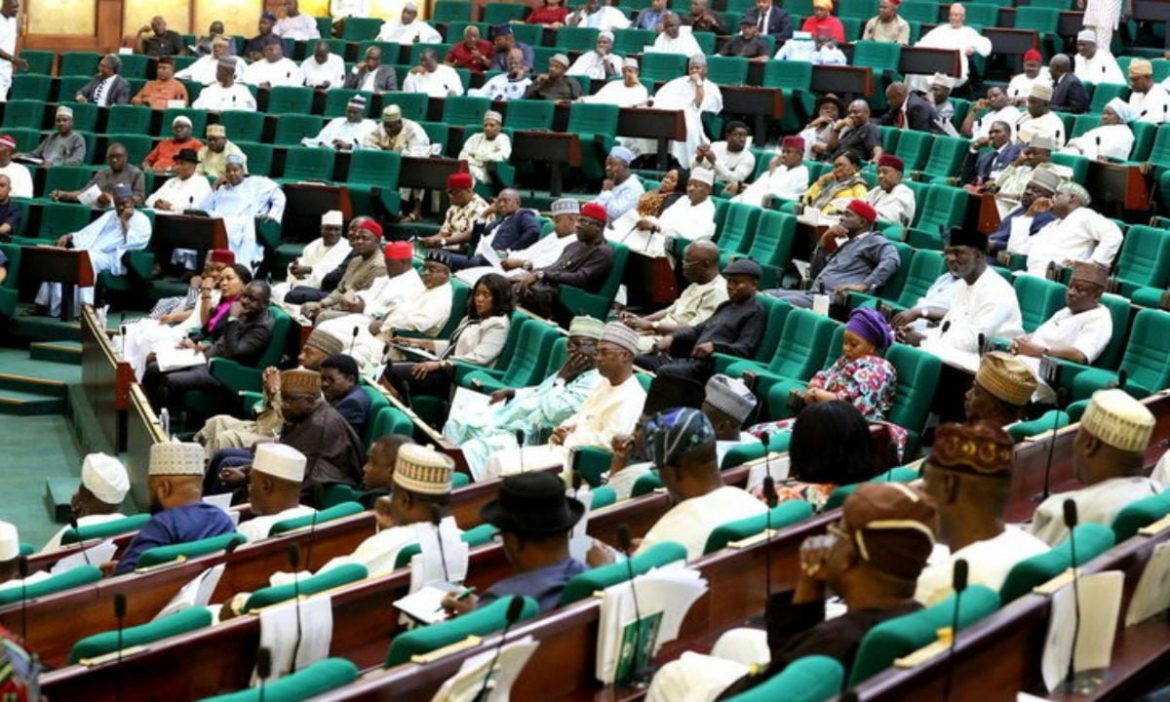511
By Tracy Moses
The House of Representatives has taken a step forward in advancing agricultural policy by passing for second reading a bill aimed at establishing the Nigerian Institute of Agricultural and Applied Economics.
The institute if established, will be charged with regulating, overseeing, and defining the educational standards required for individuals aspiring to join the profession.
The bill, jointly sponsored by the Deputy Speaker, Hon. Benjamin Kalu, along with eight other lawmakers, was presented at Wednesday’s plenary session by co-sponsor, Hon. Tolani Shagaya.
In his presentation, Shagaya emphasized that agriculture remains the cornerstone of Nigeria’s economy. He said the sector holds vast potential to return the country to a trajectory of economic diversification, food security, employment generation, and national growth.
However, he expressed concern that the field of Agricultural and Applied Economics has long been neglected, adding that farmers often face challenges not due to lack of effort, but due to the absence of expert-driven economic analysis and strategic planning.
“This bill is not merely about creating another institution,” Shagaya said, “it’s about embedding excellence, establishing national benchmarks, and granting professional recognition to a crucial yet often overlooked discipline.”
He appealed to his colleagues to support the bill, pointing out that its impact extends beyond the professionals it seeks to empower, it will also benefit countless farmers, consumers, and investors who rely on informed, sustainable, and data-centric agricultural practices.
In his words: “I rise today to move the debate on the general principles of a bill seeking an Act to establish the Nigerian Institute of Agricultural and Applied Economics, which will regulate and set standards for those aspiring to practice in this field. Agricultural and Applied Economists remain under-recognized and unsupported, and currently operate without any legal framework guiding their work.”
He noted that the bill aims to fill this institutional gap by acknowledging the significance of Agricultural and Applied Economists in shaping sound agricultural policies, managing farm enterprises, driving rural development, designing agribusiness strategies, and promoting climate-smart agriculture.
According to Shagaya, the bill builds upon years of efforts by the Nigerian Association of Agricultural Economists, which until now has functioned without statutory recognition. He stressed that it’s time the profession received the same legal footing enjoyed by engineers, accountants, and other regulated experts.
The proposed legislation, comprising 7 parts, 32 clauses, and 3 schedules, outlines several core components including: the establishment and functions of the institute; election and tenure of the governing council; roles of the registrar; professional accreditation; disciplinary mechanisms; and procedural matters.
“With global agricultural dynamics, climate change, and food supply challenges becoming more complex,” he concluded, “Nigeria must prioritize trained professionals in agricultural economics. This institute will provide critical economic insight for farmers, agribusiness leaders, policymakers, and the public.”



